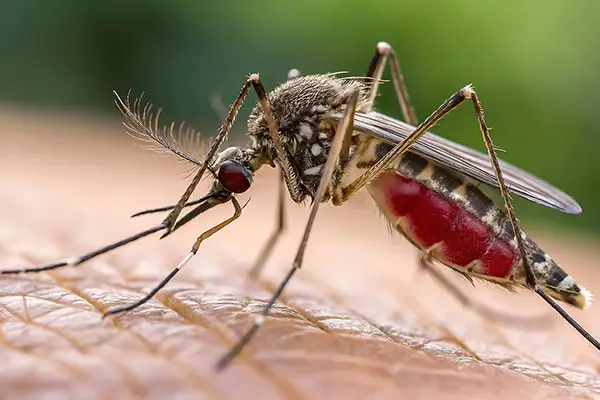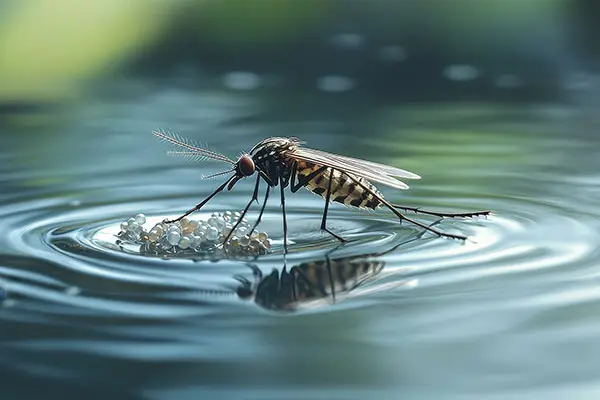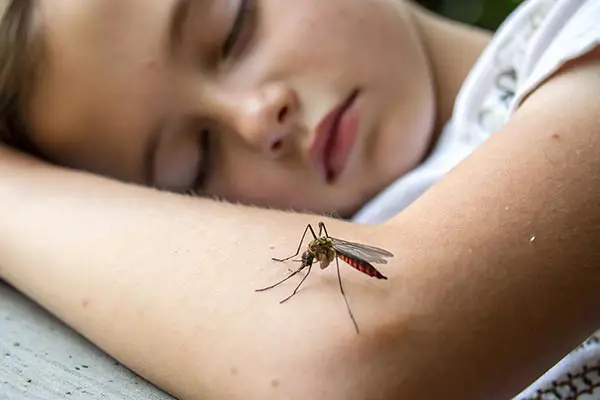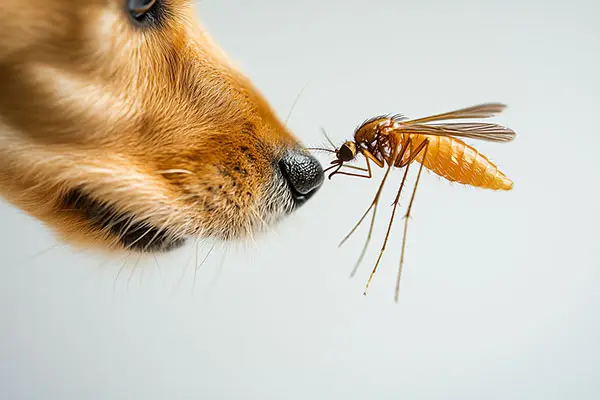The Bite-Sized Truth About Mosquitoes

Mosquitoes may seem like a minor annoyance, but they’re actually one of the deadliest creatures on the planet. Beyond their itchy bites, mosquitoes are known carriers of serious diseases like West Nile virus, Zika virus, malaria, dengue, and chikungunya. These illnesses can lead to severe health complications and, in some cases, even death—especially in vulnerable populations. In addition to health risks, mosquito infestations can disrupt outdoor activities and lower the quality of life around your home or business. Their ability to breed in small amounts of standing water means even a neglected birdbath or clogged gutter can quickly become a breeding ground. Controlling mosquitoes is essential for protecting both public health and personal comfort.
Breeding Grounds: Where Mosquitoes Multiply
Mosquitoes need very little water to reproduce—just a bottle cap full can support hundreds of eggs. That’s why identifying and eliminating standing water around your property is crucial.
Common breeding sites include:
- Birdbaths and flowerpot saucers
- Clogged gutters and storm drains
- Kiddie pools and pet bowls
- Old tires and outdoor equipment
- Low spots in the yard where water pools
Inspect your yard weekly and empty or clean anything that holds water. Even ornamental features like fountains or ponds should have proper circulation or mosquito dunks to keep them pest-free.

West Nile Virus – Can cause fever, headaches, and in rare cases, neurological damage.

Zika Virus – Particularly dangerous for pregnant women due to risks of birth defects.

Dengue and Chikungunya – Both can lead to intense joint pain, high fever, and other debilitating symptoms.

Heartworm in Dogs – Mosquitoes transmit this potentially fatal parasite to pets.
Because of these risks, controlling mosquito populations isn’t just about comfort—it’s a matter of health and safety.
Prevention and Treatment
Here are a few key prevention tips:
- Use screens on windows and doors to keep mosquitoes out of the house.
- Install outdoor fans on porches or patios—mosquitoes are weak flyers and dislike wind.
- Trim vegetation and mow the lawn regularly to reduce shady, humid areas where mosquitoes rest.>
- Use insect repellents with DEET, picaridin, or oil of lemon eucalyptus when outdoors.
Install yellow “bug lights” around the home, which are less attractive to mosquitoes than regular bulbs.
Professional Control Options: When to Call in the Experts
Sometimes, do-it-yourself methods aren’t enough—especially if you live in an area with heavy mosquito activity or near wooded, marshy terrain. In those cases, professional pest control services can provide powerful, targeted treatments.
Professional options include:
- Yard sprays that eliminate mosquitoes on contact and provide lasting control.
- Larvicide treatments for areas of standing water that can’t be removed.
- Misting systems that deliver timed treatments around the perimeter of your home.
- Seasonal mosquito plans for consistent prevention throughout warm months.
Pest control experts can assess your specific situation, identify breeding and resting areas, and recommend the best approach to keep mosquitoes away for good.
Mosquitoes may be unavoidable in many climates, but with the right knowledge and proactive steps, you can dramatically reduce their impact on your life. By understanding how they breed, the risks they pose, and how to prevent and treat infestations, you can reclaim your outdoor space and keep your family protected. If the problem becomes too overwhelming, don’t hesitate to contact a licensed pest control professional for help—it’s a smart investment in both comfort and health.
